English Dub Review: Twilight Out of Focus “If This Love Is Going to be Over Before It Even Begins”
Overview (Spoilers Below):
In the dormitory of an all-boys school, Mao ends up sharing a room with Hisashi. They make three promises to each other: “Mao won’t disclose that Hisashi is gay and has a boyfriend,” “Kotobuki won’t see Mao as a romantic interest and won’t make a move on him,” and “they won’t interfere with each other’s private activities.”
Our Take:
I didn’t think that after watching Vampire Dormitory, I wouldn’t be able to watch something involving LGBT representation for a while. While the representation was nice, it wasn’t enough to hide its trope-heavy romance plot. However, I was proven wrong when another gay romance anime arrived to capture my attention. But that’s not the only reason I was intrigued by Twilight Out of Focus. The other reason is its setting, where the romance occurs at an all-boys film club. Considering my love of movies, there’s no doubt that I shouldn’t pass up on something like that. But, of course, it has to do more with its concept than showering its love of filmmaking onto me.
If there’s one other thing that sets this show apart from other romance anime, it’s the structure. Based on the synopsis alone, Twilight Out of Focus seems like an anthology series focusing on three sets of characters and their romances occurring in an all-boys school’s film club. It’s an interesting strategy that would’ve made for a refreshing direction in the genre, but its execution is what really matters. Its first episode introduces viewers to the first set of characters, Mao and Hisashi, who made three promises to each other not to get romantically involved. However, their pact is tested when Hisashi is chosen as the main lead in the club’s “BL” movie, a romance drama centering on gay men falling in love, and Mao starts to fall head over heels for him. Of course, knowing my romance expertise, I will assume they’ll end up together anyway.
If Twilight Out of Focus winds up with a twelve-episode format, that would mean the three romance tales would last for four episodes each. That means it’s got three chances to make its LGBT romance tolerable in its storytelling and characters. Based on my experience with the first episode, the show is off to a pretty suitable start. I enjoyed the opening theme for its quick references to classic movies like “Back to the Future” and “Ghostbusters”, and the genre references provided a few chuckles. Its romance tropes are as clear as day, but the LGBT representation and protagonists could help elevate them to respectable heights if the remaining episodes are as engaging as the first episode.

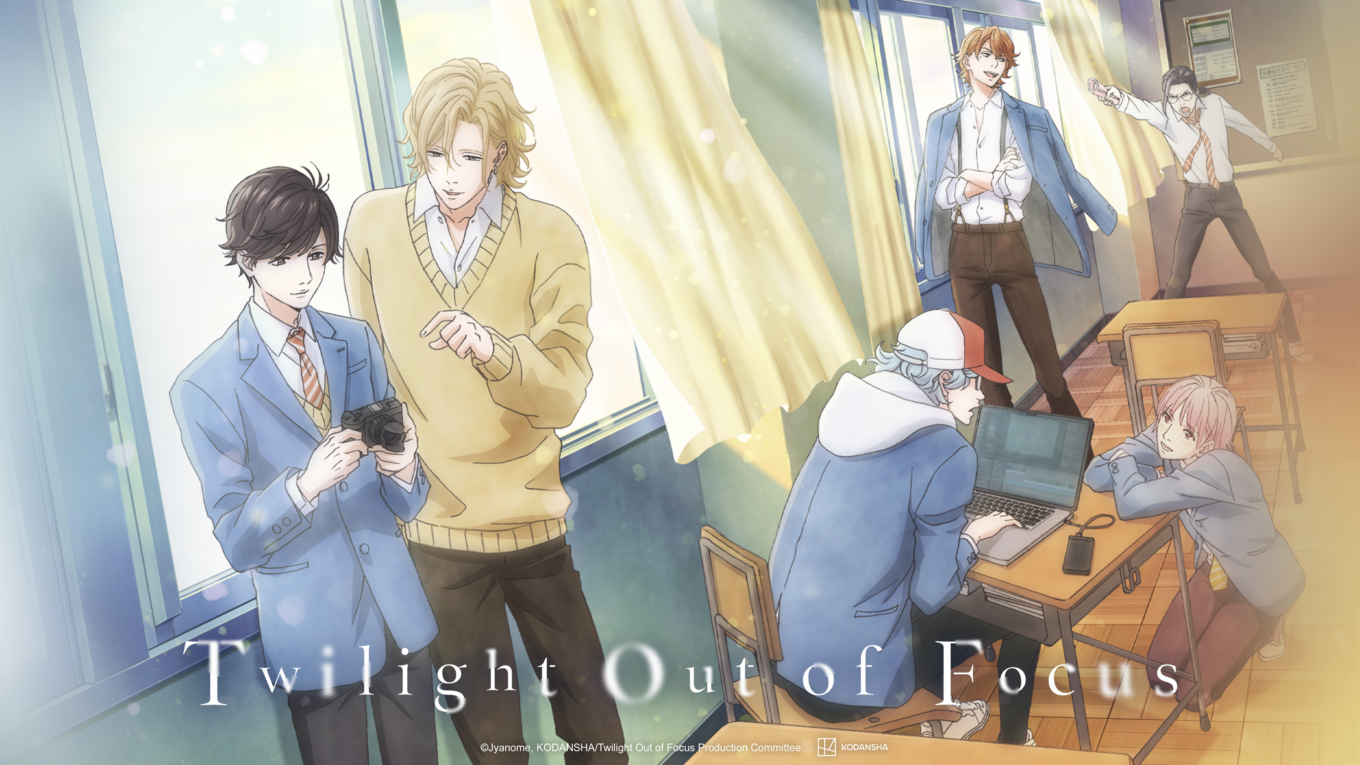
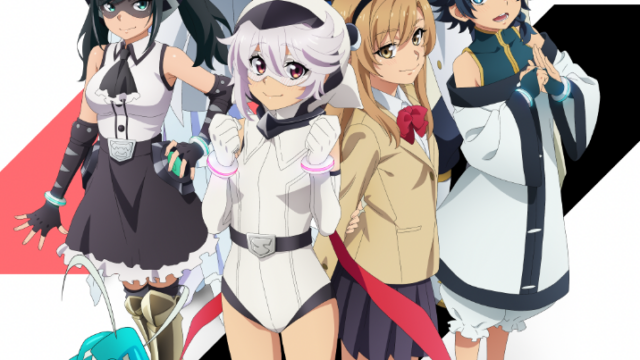

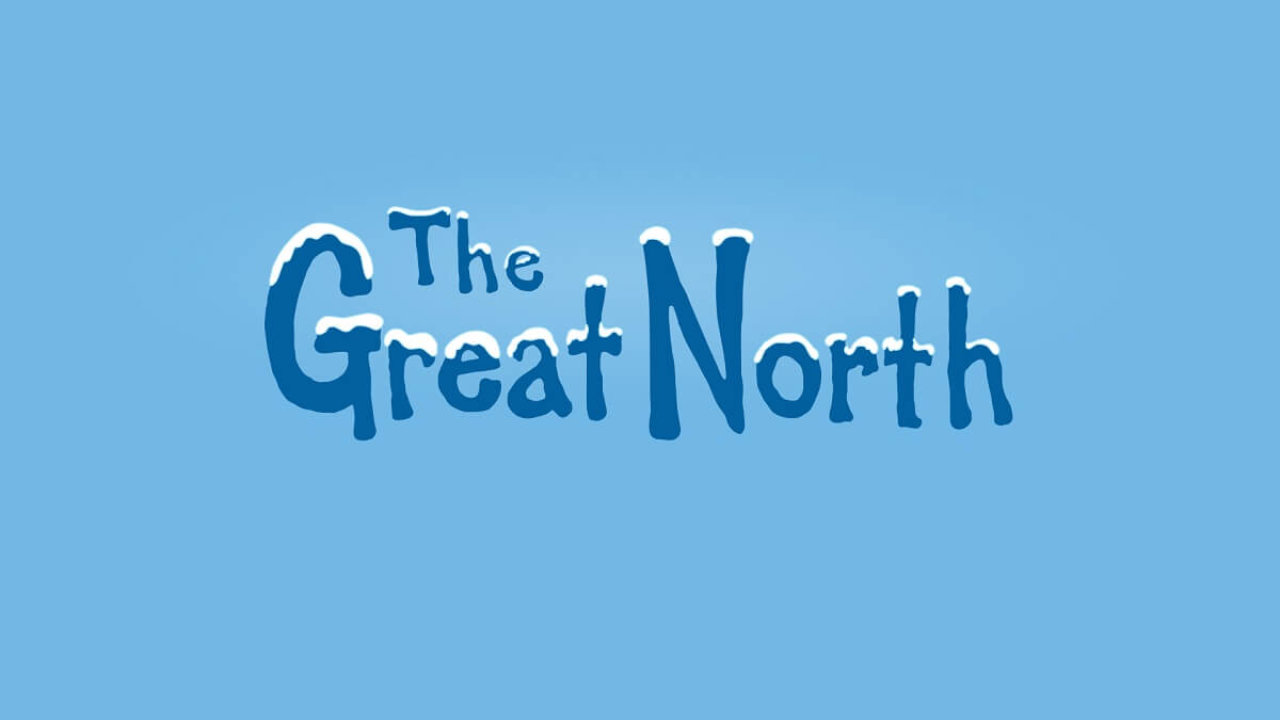
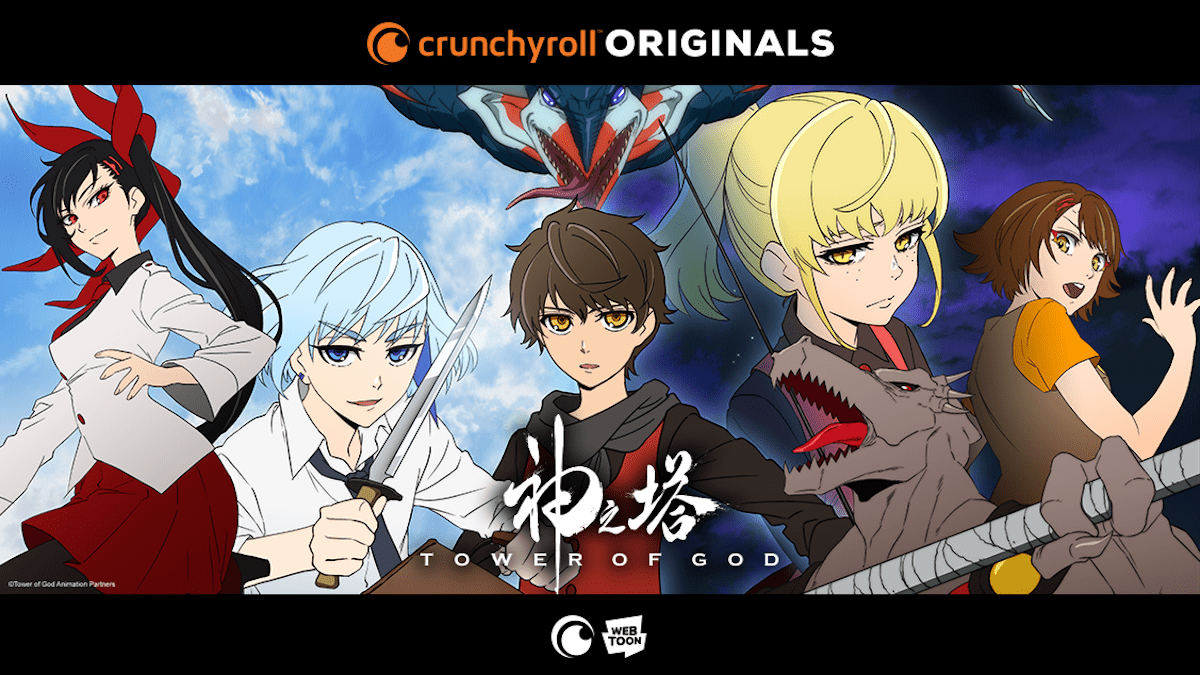
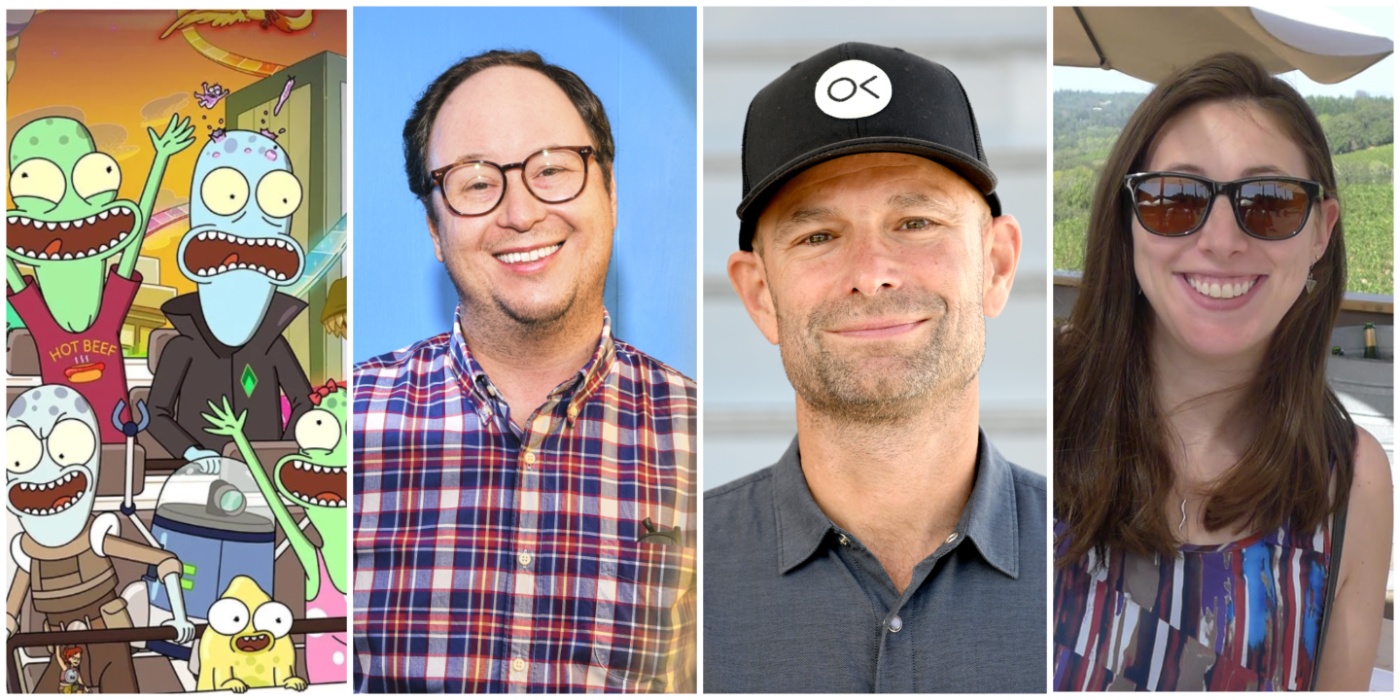












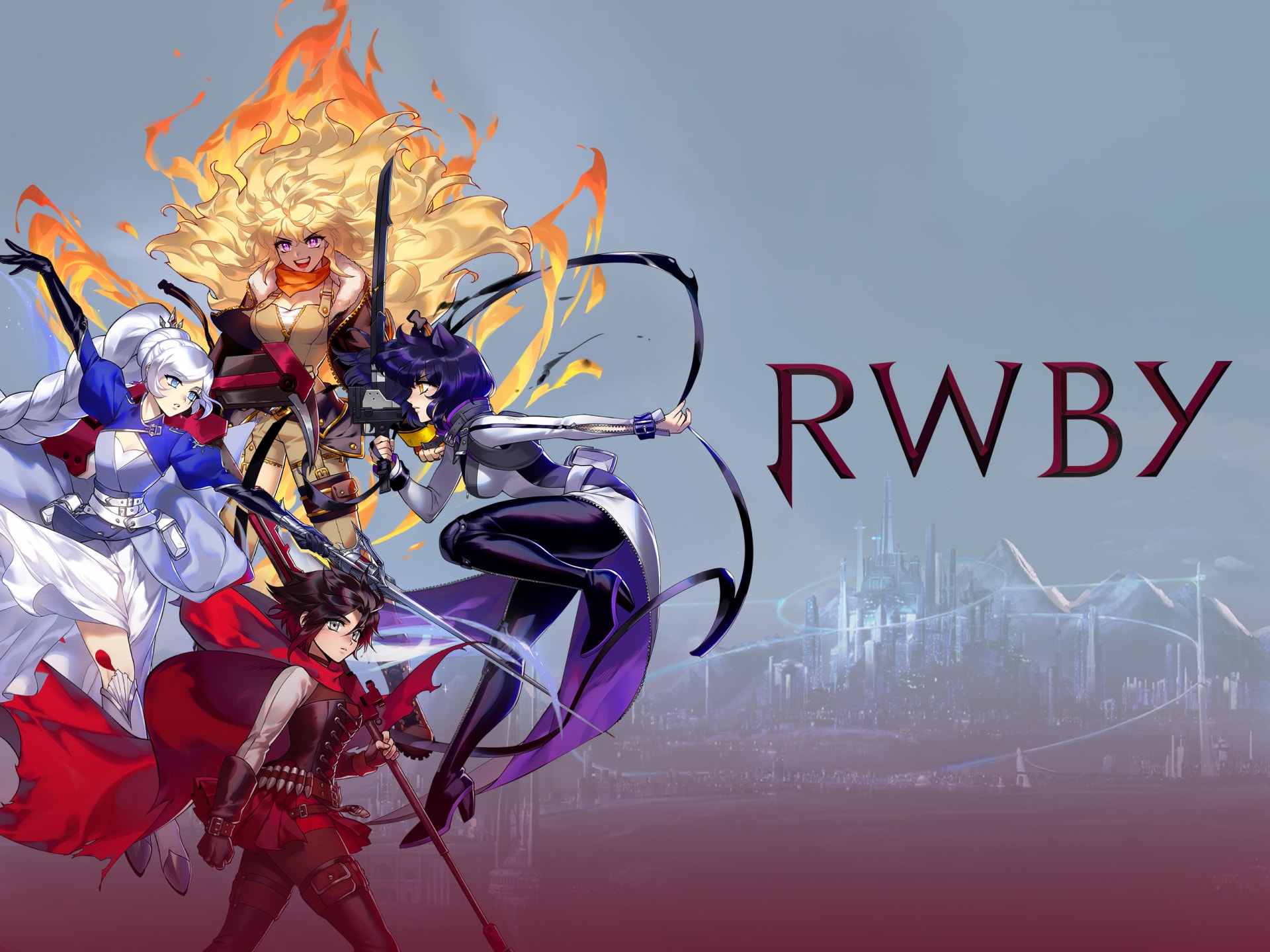





I hope this turns out to be another Gravity Falls-type show with an overarching storyline.